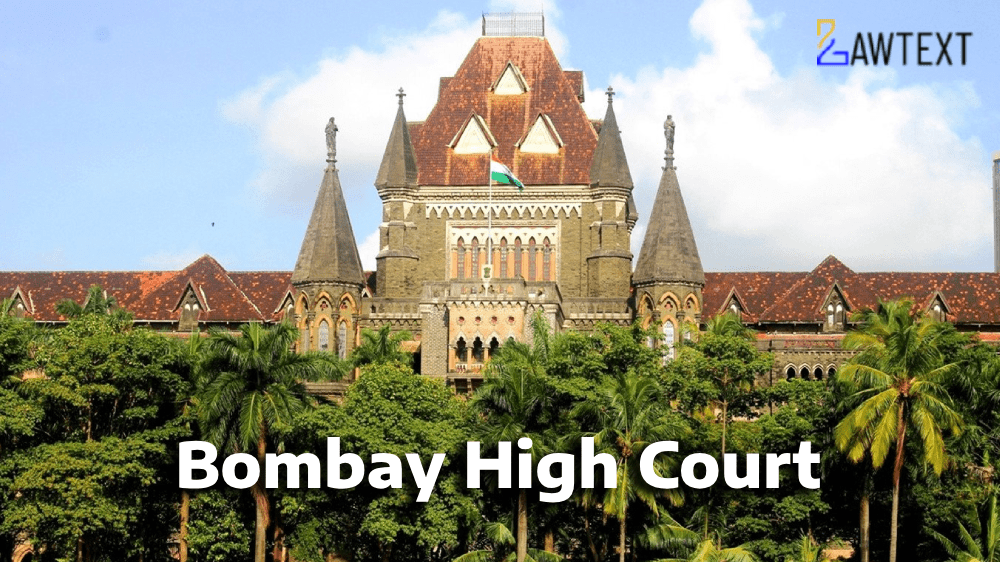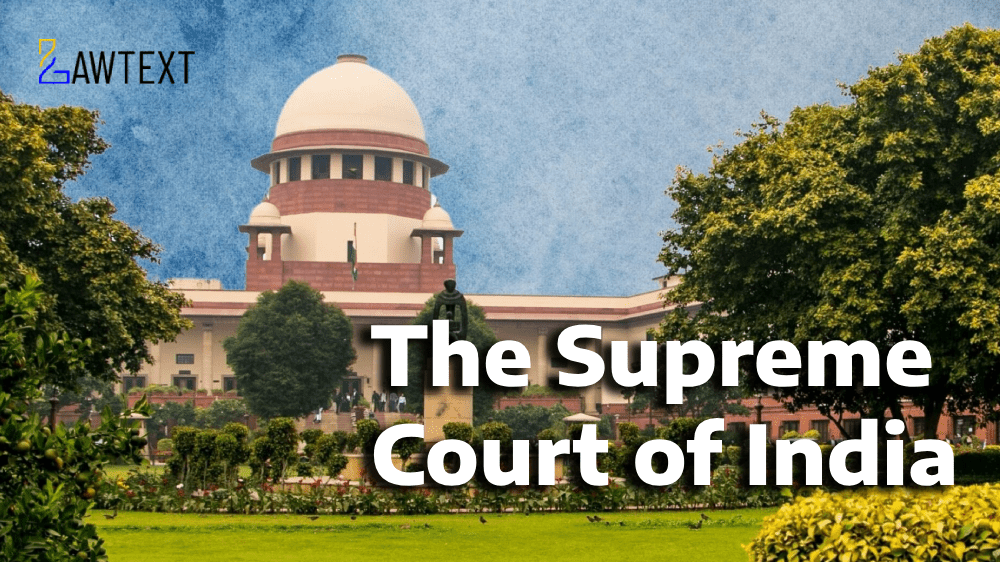Case Note & Summary
The case involves Parties, challenging an arbitral award under Section 34 of the Arbitration and Conciliation Act, 1996, on grounds of alleged bias and procedural improprieties. The dispute arose from a contract with Central Railways for pest and rodent control, which was foreclosed due to increased minimum wages. The arbitral tribunal dismissed the claims of additional expenses raised by the petitioner. The High Court upheld the award, emphasizing waiver under Section 12(5) and rejecting claims of procedural bias.
FACTUAL BACKGROUNDTender and Contract (Para 2-3)
Contract awarded on 7th June 2016 for pest control services at a value of ₹1,96,32,255/- for three years. Government notification on 19th January 2017 increased minimum wages, affecting contract feasibility.Notification of Foreclosure (Para 3-4)
Joint Procedure Order (JPO) issued by Railways allowing contractors to foreclose contracts due to wage hikes. Petitioner requested foreclosure via letters in February 2018 and January 2019.Claim for Additional Wages (Para 5-6)
Petitioner demanded ₹20,91,522/- as differential wages. Arbitration clause was invoked after the amount was disputed. ARBITRATION PROCEEDINGS Arbitrator Appointment and Proceedings (Para 6-9) Sole Arbitrator appointed as per contract clause; petitioner signed waiver under Section 12(5). Arbitrator dismissed the claim, finding no entitlement to additional wages. JUDICIAL REVIEW UNDER SECTION 34Challenge to Arbitrator's Eligibility (Para 11)
Petitioner contended the sole arbitrator’s ineligibility under Section 12(5) due to being a railway employee. Claimed waiver was signed under coercion and sought quashing of the award.Findings by the High Court (Para 13-23)
The waiver was held valid as it was signed consciously and voluntarily. The petitioner failed to challenge arbitrator jurisdiction during proceedings under Sections 13 and 16. Arbitrator’s award was found to be reasoned and without perversity. DECISION High Court rejected the arbitration petition under Section 34, citing absence of procedural irregularity, bias, or public policy violations. Key Legal Provisions DiscussedArbitration and Conciliation Act, 1996:
Section 34: Limited grounds for challenging arbitral awards. Section 12(5): Ineligibility of arbitrators with specific relationships unless waived expressly. Section 16: Arbitral tribunal's authority to decide jurisdictional issues.Relevant Case Law:
Bharat Broadband Network Ltd. vs. United Telecom Ltd.: Validity of waivers under Section 12(5). MMTC Ltd. vs. Vedanta Ltd.: Limited judicial interference under Section 34. Ratio Decidendi:Waiver under Section 12(5):Once a party expressly waives objections to the arbitrator’s eligibility, they are precluded from challenging the appointment later, including during judicial review.
Role of Arbitrator's Independence:As long as the arbitrator’s findings are reasonable, well-reasoned, and within the scope of arbitration, courts will not interfere with the award.
Subjects:Arbitration law, waiver validity, public contracts, procedural fairness.Arbitration Award, Section 34, Contract Foreclosure, Minimum Wages, Railways Contract, Waiver Validity.
Issue of Consideration: M/S. TRULY PEST SOLUTION PRIVATE LIMITED (BEING A MSME) VERSUS PRINCIPAL CHIEF MECHANICAL ENGINEERING (P.C.M.E.) CENTRAL RAILWAY.
Premium Content
The Issue of Consideration is only available to subscribed members.
Subscribe Now to access critical case issues





